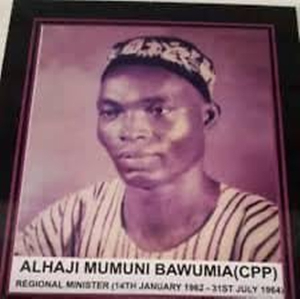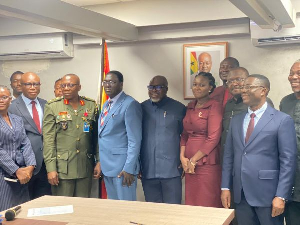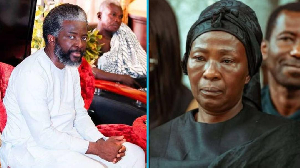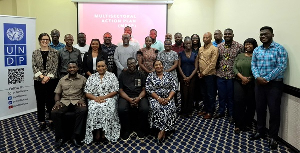Dear Sir/Madam,
This article seeks to highlight few facts why marriage counselling should not be limited only to would-be couples but by extension to their in-laws. I am inclined to believe that this article shall receive the required favourable attention with respect to space on your website so that Churches, Pastors, Parents and would-be Couples could take a cue from.
It is of relevance to state that many factors have militated against marriages but for the purposes of intent of this article, I will only restrict myself to “the mother in-law factor” due to my personal experience.
To begin with, breakdowns in many marriages have been traced to the overbearing attitude of mothers-in-law and it is fast becoming a well known fact that the mothers-in-law are the bane of many ailing marriages. It is in this regard that mothers-in-law are often seen and regarded by many as troublesome, poke nosing persons, antagonistic and the greatest enemy and rival of her son in-law.
Imagine a prevocational situation where my mother in-law said she has suffered to cater for her daughter and that she will continue to exert her influence in her daughter’s marital affairs, meanwhile the daughter has not complained of anything negative. The mother in-law not realising that her son in-law’s parents have also suffered to cater for their son. Readers, which husband will look on unprovoked when his employed wife on countless instances gone around borrowing money for her mother whilst she (wife) doesn’t have money to repay. Isn’t it disgraceful when the husband is told by third parties and without any option than to pay?
Again, which husband won’t complain when his wife goes to her mother three time every a week and her mother replicate by visiting her daughter’s matrimonial home thrice a month? Sometimes she (mother in-law) visits her daughter when the husband has gone to work. In addition, the brother in-law who is a taxi driver could park his car in an afternoon to take a nap in the brother in-law’s home. Furthermore, isn’t surprising when a husband gives his mother in-law capital to start a business only for the mother in-law to squander the money?
Marriage is an adjoining and should be the happiest relationship we know in this life. As Jesus said in Matthew 19:9, it is also a relationship that should never be broken except for the extreme disloyalty of fornication. Yet, in spite of the closeness of the marriage tie, about one out of every three marriages in Ghana break up, and a very frequent cause of divorce is the interference of mothers in-law of which the parents themselves are often unconscious.
Jesus' statement in Matthew 19:4-6 and Mark 10:9 places the primary responsibility on the young couple to see that their love and their commitments to each other are always above the commitment to their parents, no matter how deep the family ties may have been. The word "leave" father and mother, however, do not mean a complete break or abandonment. Instead, Jesus in Mark 7:10-13 states plainly that children are to honour their parents and when necessary, even support them materially and financially. The establishment of a new home does not release them from this obligation. But the word does mean that the intimate relations which have formerly existed between parents and children must and should change when the children marry.
Husband and wife are one flesh in marriage and are expected to be totally committed to each other’s happiness. Marriage is a bond and a covenant which must not be broken. It is not a marriage of convenience but a lifelong commitment to each other. They should not allow the parental bond which existed before the marriage to destabilize the marriage. In this wise, husband and wife must stand together to protect the marriage against external attacks because marriage is leaving and cleaving to each other.
It is for this reason that am imploring on marriage counsellors, churches and pastors to kindly involve parents of both the bride and the bridegroom to be part of the pre-marital counselling so that imminent challenges like rifts in marriages, grief, anger, loggerheads and divorces caused by in-laws are kept at bay.
I will end by stating a befitting description for the relationship that ought to exist between in-laws and their married children: as something not so close that parents will get neither burned, nor so distant that parents will get freeze.
Thank you very much as I solicit for your usual co-operation.
Yours faithfully,
........signed........
(Duodu Bimpong)
P.O. Box KF 2223
Koforidua-E/R
Opinions of Thursday, 18 July 2013
Columnist: Bimpong, Duodu














